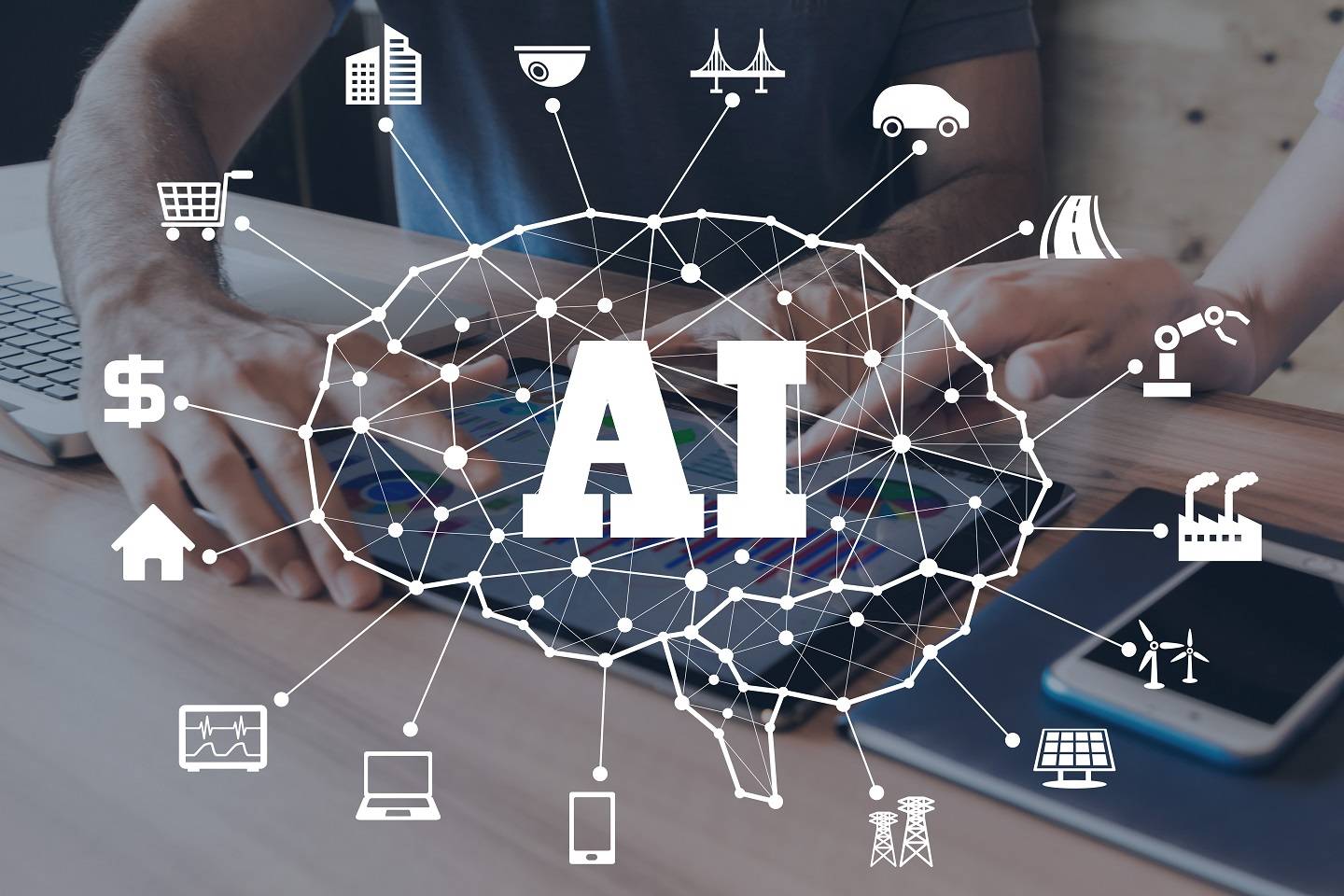Understanding how foundational models are different and making the right decisions across Architecture, Security, and Responsible AI.
Introduction
In an era where artificial intelligence (AI) not only assists in decision-making but also creates content and solves complex problems, the trustworthiness of generative AI models has become paramount. These models, capable of generating text, images, and even code, are reshaping our interaction with technology. But how can we ensure that this powerful tool is reliable and used ethically?
What Makes Foundational Models Different?
Foundational models, a term popularized by recent advancements in AI, refer to large-scale models trained on diverse data sets. These models, such as GPT (Generative Pretrained Transformer), can adapt to a wide range of tasks without task-specific training. Their versatility and power come from their size and the breadth of their training data.
Challenges in Building Trustworthy Generative AI
Trust in AI hinges on several factors:
1. Data Quality and Bias: The adage “garbage in, garbage out” holds particularly true for AI. Models trained on biased or poor-quality data can lead to unreliable or unethical outcomes.
2. Transparency: Understanding how decisions are made by these models is crucial for trust. However, the complexity of these models often makes them “black boxes.”
3. Ethical Considerations: The potential for misuse, such as deepfakes or generating misleading information, raises significant ethical concerns.
Architecture: Building Robust and Reliable Models
The architecture of a generative AI model determines its efficiency, scalability, and reliability. A well-designed architecture can handle diverse data inputs, provide consistent outputs, and be robust against anomalies. It should also be designed to be interpretable, allowing users to understand how and why decisions are made.
Security: Safeguarding Against Misuse and Vulnerabilities
Generative AI models are not just at risk of being used for unethical purposes; they are also targets for cyber attacks. Ensuring these models are secure against both external attacks and internal misuse is critical. This includes implementing strong data privacy measures and robust monitoring systems.
Responsible AI: Ethics and Accountability
Developing AI responsibly means considering the societal impacts of AI technologies. This involves:
– Ensuring fairness and mitigating biases.
– Being transparent about capabilities and limitations.
– Providing avenues for redress when AI systems make mistakes.
Case Studies
Healthcare — AI-Assisted Diagnosis
Revolutionizing Medical Diagnoses with Generative AI
Background: A leading healthcare provider implemented a generative AI model to assist in diagnosing rare diseases.
Challenge: Rare diseases are often difficult to diagnose due to their rarity and the subtlety of symptoms.
Solution: The AI model was trained on vast medical datasets, including thousands of rare disease cases, to identify patterns and correlations that might be missed by human practitioners.
Outcome: The AI system significantly improved the accuracy and speed of rare disease diagnoses, leading to faster and more effective treatment plans for patients.
Impact: This case study demonstrates how generative AI can augment human expertise, leading to better patient outcomes in healthcare.
Environmental Science — Climate Change Modeling
Predicting Climate Change Impacts with Generative AI
Background: An international environmental organization used generative AI to model the effects of climate change under various scenarios.
Challenge: Predicting the long-term impact of climate change is complex due to the multitude of variables and possible scenarios.
Solution: The generative AI model synthesized data from past climate patterns, current trends, and future projections to create detailed simulations of potential future climates.
Outcome: The simulations provided valuable insights for policymakers, helping them understand the potential impact of different environmental policies.
Impact: This example highlights the role of generative AI in tackling global challenges like climate change by providing data-driven insights for decision-making.
Education — Personalized Learning
Personalizing Education with AI-Driven Curriculums
Background: An innovative ed-tech company developed a generative AI system to create customized learning experiences for students.
Challenge: Traditional education models often struggle to address the unique learning needs and pace of individual students.
Solution: The AI system analyzed student performance, learning styles, and preferences to generate personalized learning materials and activities.
Outcome: Students using the system showed improved engagement and performance, with the AI-adapted curriculum catering to their individual learning needs.
Impact: This case illustrates how generative AI can transform education, making it more adaptive and student-centered.
Future Directions
As we continue to integrate AI into various aspects of life and work, building trustworthy systems is not just a technical challenge but a societal imperative. The future of generative AI must be guided by ethical principles, robust security measures, and a commitment to transparency and accountability.
We invite you to join the conversation on building trustworthy AI. Share your thoughts, experiences, and hopes for the future of this transformative technology.



